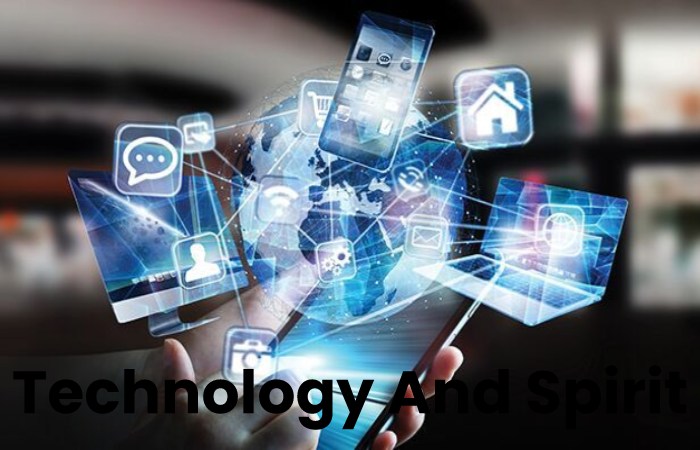The Influence Of Technology
Through which information remains transmitted, telecommunications equipment has evolved and is an integral part of our daily life. We went from telegraph to WhatsApp and black and white TV, which deserved its own space. To high-resolution cell phones or tablets that can even remain taken into the bathroom. But technological devices bring a practical value and an aesthetic and symbolic value that leads us to choose between endless options: the most efficient but the most beautiful, the one with the best design, or the one that gives me the highest status.
Therefore, it is worth starting to think about technology in our daily life, asking me how I use it, why, and for what.
Table of Contents
Technology And Spirit
Mexicans spend more than eight periods a day interacting with a technological device connected to the Internet, whether it is a cell phone, a computer, or a tablet. It is impossible to think that we already spend most of our time on it cannot impact our minds (both positive and negative). It is, and technology has noticed a new way of relating to others and ourselves.
Well-applied technology helps us, for example: to organize ourselves better, to learn new things, to track our personal goals and progress, or to shorten the distances with friends or family. However, the flip side is that by not knowing, we can bombard ourselves with harmful and stressful information or look for situations in which we remain exposed or at risk. Universities are recording more and more cases of depression and anxiety directly linked to the use of social networks. According to the Mexican Internet Association, 82% of users connected to the Internet are active on a social network.
It is the main activity on the Internet above sending e-mails and searching for information. In addition, according to the latest research on Internet habits, it has been recorded that Mexicans spend an average of eight hours a day online (i.e., a working day), lunch, and the end of the day. We were the busiest hours. It means that we are online whether we are alone or not through someone, so is there a time for intimacy through me in addition to my relationships?
Social Media
In social media, we interact and exchange information with people with whom we have something in common in one way or another. We filter what we download or remove from our profiles based on the number of likes, shares, or comments we obtain. This “attention economy” be contingent entirely on how we react to the interests of others and their responses on social media. Studies have shown that each like generates dopamine production in the brain and activates reward systems, so networks are addictive. A good amount of likes and exchanges can make us feel good and contribute to our self-esteem. The problem arises when there is nothing to support my self-esteem and my connection to the outside world.
Therefore, social media, technology. And the mind do not have to do with isolation and deprivation of exchange but with the apprehension of how we use them. First of all. It should be borne in mind that there is a tendency to appreciate the moments of accomplishment of people in networks. The tastes of the elderly take precedence over successes and exceptional situations. So that’s what people present to themselves the most, not their everyday moments of doubt, anxiety, or failure. Taking this into account is essential since depressive disorders are linked. To social networks consist of comparing our daily lives and moments with others without considering their unique issues.
FOMO
Another stressor on social media is related to FOMO, which means the fear of missing something. It refers to the fear generated by being disconnected from the networks and therefore losing. The opportunity to share a photo that would cause several likes or not discover the gossip of the moment. And even feel that the ‘we lose the chance to connect with others.
We also have phenomena that are unrelated to what we post and what we observe on social media. 75% of internet users have witnessed cyberbullying or cyberbullying. And 40% of adult internet users have experienced it at some point. The vulnerability to which we remain
